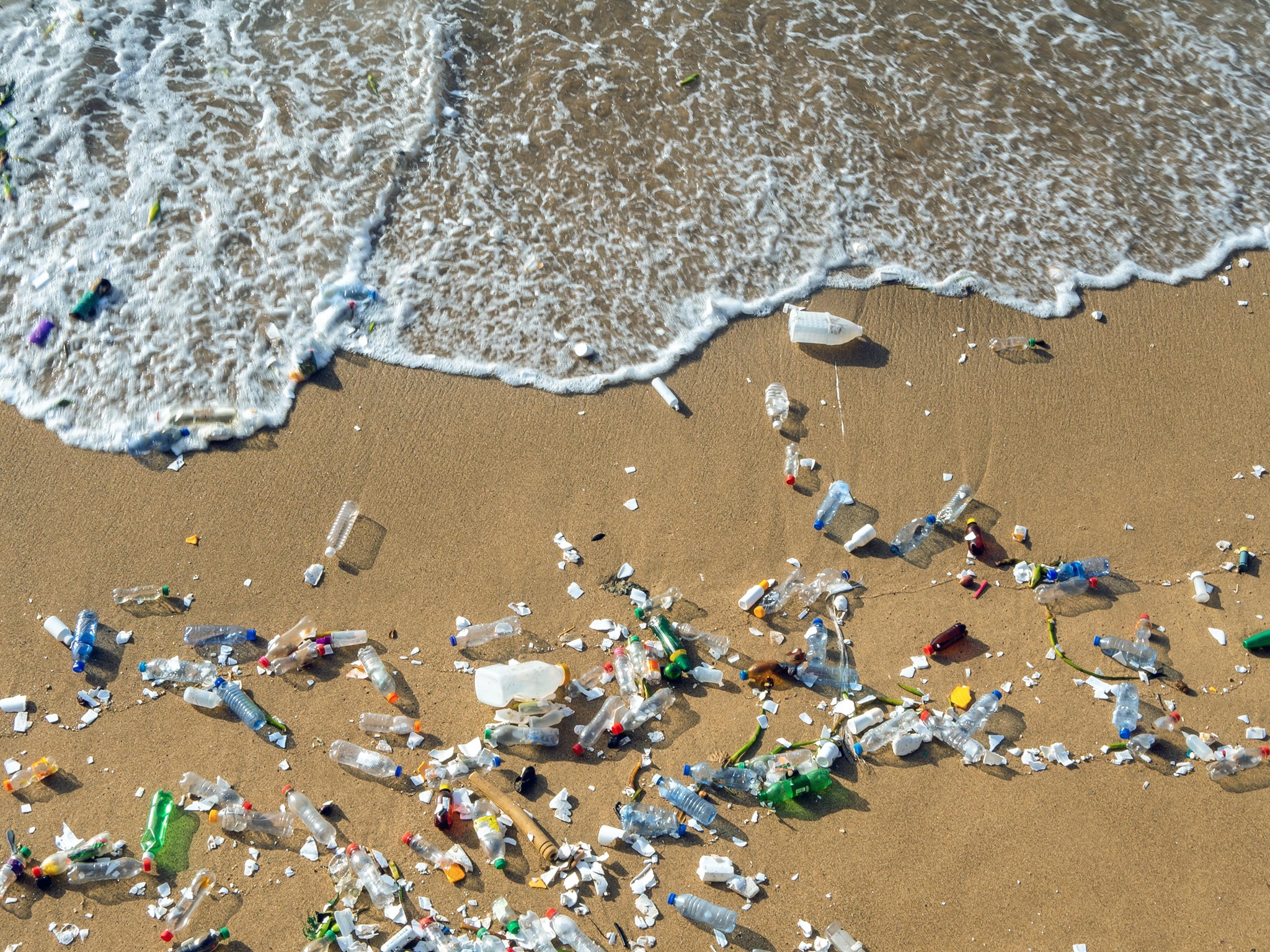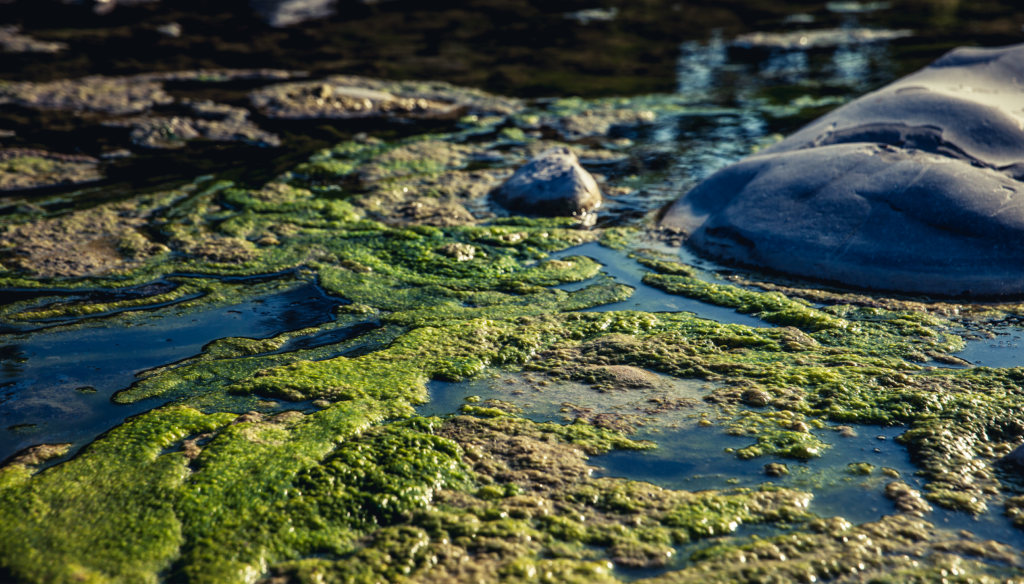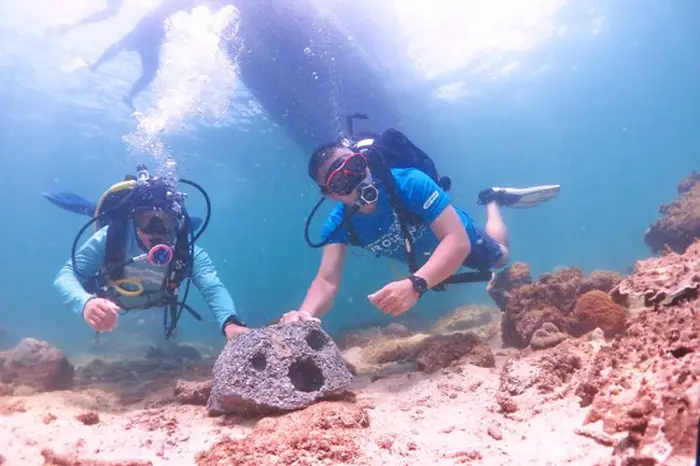Overview
Marine pollution has always been a global phenomenon that has been stressed on over the years by many environmental organizations such as World Wide Fund for Nature (WWF) and The United Nations. But why should this problem be addressed in the first place?
The water makes up about 71% of the Earth. Water can exist in larger bodies such as oceans which has become a habitat for millions of different species of aquatic organisms as well as the source for our drinking water. Furthermore, water is used in a lot of athletic activities and other forms of entertainment such as swimming, snorkeling, and kayaking.
How does marine pollution occur?
But what makes water so susceptible to pollution? Well, water is known as a universal solvent in which it is very soluble to many substances compared to other liquids on earth. Hence, when toxic compounds from factories, farms, and towns are dumped into water and mix with it, this causes water or marine pollution.
Consequences of marine pollution
Consequently, this gives rise to problems such as eutrophication . Eutrophication or Algae Bloom is when there is an accumulation of nitrate ions from chemical compounds in the water. The nitrate ions, therefore, increase the rate of algae growth. As more algae grows from the surface of the water, this leads to a drastic increase in the rate of respiration. Hence, more greenhouse gases of carbon dioxide are released into the atmosphere which can contribute to climate change.
To make matters worse, poor developing countries without any proper water filtration system would be drinking contaminated water. Consumption of poor sanitation of water can be linked to transmission of diseases such as cholera, diarrhea, hepatitis A and typhoid.
Preventions and controls
However, there has been a significant change in the water quality that has threatened aquatic animals and the healths of humans. According to the World Health Organization (WHO), in 2021, over 2 billion people lived in water-stressed countries as a result of climate change and population growth. In comparison, in 2022, 73% of the global population (6 billion people) used a safely managed drinking water service, free from contamination.
In addition, a global initiative known as World Oceans Day was implemented to catalyst action for oceans. These countries have carried out programs to spread awareness about marine pollution such as beach cleanups, planting corals and deploying reef balls in oceans, and presented talks across schools in order to promote marine sustainability.
Conclusion
Evidently, the ocean plays a crucial role in our everyday lives as well as protecting our biodiversity, regulating the climate and producing oxygen vital for life. Hence, it is our responsibility to take care of our oceans and everything else around it. After all, we have only one Earth. Let’s take care of it.


